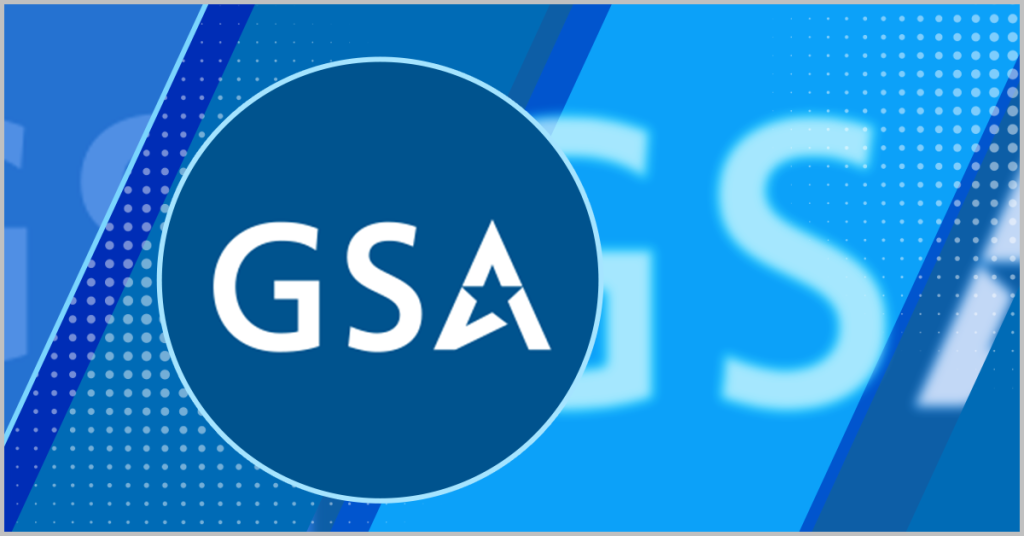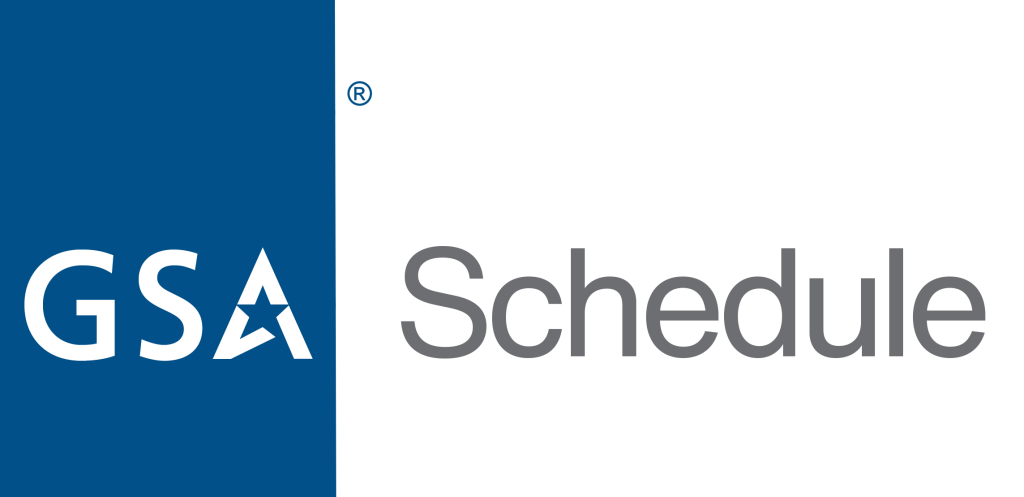What is PIID? What should you know about this type of identifier, and what effect it has on your federal acquisition contract? In this article we explain the basics of Unique Procurement Instrument Identifiers (PIIDs).
- What is PIID?
- How to read PIIDs
- Why are PIIDs important for GSA contractors?
- Where to get help with GSA contracting
- Want to learn more about different solicitation types?
What is PIID?
Various identification systems are here for two purposes: to streamline processes and to eliminate mistakes; the Procurement Instrument Identifier is no exception. First introduced in 2017, the PIID was designed to simplify tracking solicitations, agreements, contracts and instruments used in the procurement process. By reading the PIID, both contractors and agencies can quickly determine the year of the contract, type of procurement instrument, and other details. Plus, the ability to quickly and uniquely identify the contract simplifies procurement procedures, regardless of the instrument used.
The Unique Procurement Instrument Identifier applies to contracts issued by civilian agencies such as the U.S. Department of Education and the U.S. Department of the Interior, and also to military contracts by the Department of Defense.
You can find more info about PIID both at Federal Acquisition Regulation (FAR) subpart 4.16 and at Defense Federal Acquisition Regulation Supplement (DFARS) website here.
How to read PIIDs
A Procurement Instrument Identifier consists of four main sections divided by hyphens:
XXXXXX-AA-B-CCCC
Elements of the PIID are:
- XXXXXX – as six-digit Activity Address Code. The code uniquely identifies the agency or department issuing the procurement instrument.
- AA – denotes the last two digits of the year the instrument is issued
- B – the type of the instrument (see below)
- CCCC – this 4-digit or 6-digit number denotes a specific type of contract or solicitation. This number is agency-wide, so for every agency there could only be no more than 10,000 solicitations. However, for popular solicitation types, two letters are reserved for the procurement instrument type position.
The type of the instrument is indicated by the uppercase letter, where every letter uniquely identifies a corresponding instrument. The most common types of solicitations are:
A – Blanket Purchase Agreements (BPA)
B – Invitation for bids
D – Indefinite-delivery contracts
P (or V) – Purchase Orders
Q (or U) – Request for Quotation
R – Request for Proposal
These types of solicitations are of particular interest to the GSA contractors:
RFQ – Request for Quotation
The agency wants contractors to submit their quotes for the solicitation. No obligations arise from responding to an RFQ. Request for Quotation has an upper limit for the value of the contract and is typically a subject to the Simplified Acquisition procedure.
RFP – Request for Proposal
This type of the procurement instrument means that a contractor who responds to this solicitation will be bound by the terms of the contract, and that it can and will fulfill the requirements of the solicitation under terms and conditions explicitly provided in it. The contract comes into effect immediately after the agency accepts your RFP offer.
RFI – Request for Information
This type of solicitation means that an agency wants to probe the market. It asks vendors to provide information regarding a certain task. This way the government can see if there’s interest among contractors in fulfilling a specific contract.
IFB – Invitation for Bids
IFB or a sealed bid solicitation is the open type solicitation where offerrors place their bids, and then the lowest bid wins. Of course, vendors still must be able to complete the contract and match the solicitation’s specifications.
Can you change your PIID?
No. In normal circumstances you will be using PIIDs assigned to the solicitation for the entire period of your contract. However, according to FAR Subpart 4.16 there are two special cases when changing the PIID is possible:
- If the numbering system of the current PIID is exhausted, which means there are no free digits in the PIID to assign to the procurement instrument.
- When using the PIID is associated with certain difficulties and is hence burdensome for the GSA.
In these two instances, the contracting officer may submit a contract modification and assign a new PIID.
Why are PIIDs important for GSA contractors?
Understanding the principles of solicitation numbering allows easy identification of the type of the solicitation by a simple look at the PIID. You can instantly see the type of the solicitation – FRQ, RFP or a purchase order. You see the agency the solicitation comes from, and whether or not it is a modification.
Surely, the PIID was designed mostly for federal agencies, not for GSA contractors, but knowing how to interpret PIIDs, including solicitation types and agency codes that are associated with certain solicitation is an important piece of information that can give you a practical advantage.
Where to get help with GSA contracting
Unique Procurement Instrument Identifiers are only the tip of the iceberg. There are tons of vague acronyms, hundreds of regulations and multiple requirements to GSA contractors, and many of those requirements are not that easily understood. Seeking assistance with your GSA Schedule contract is normal practice. Please visit our GSA website and read the blog or ask for help directly. Our experts have helped many companies achieve success on the federal market.
Want to learn more about different solicitation types?
Surely, you have questions. What are the differences between various types of solicitations? How to place bids correctly and win more contracts than your competitors? What are the best pricing strategies that allow you to beat competition, but remain profitable? What are secret tactics of responding to RFQ, RFQ and RFI solicitations? What type of a solicitation should you respond to, depending on your capabilities and market goals?
These are just a few examples of questions that GSA specialists at Price Reporter help our clients to resolve. If you are serious about penetrating the federal market, don’t leave your GSA contracting to chance. Contact Price Reporter today.








